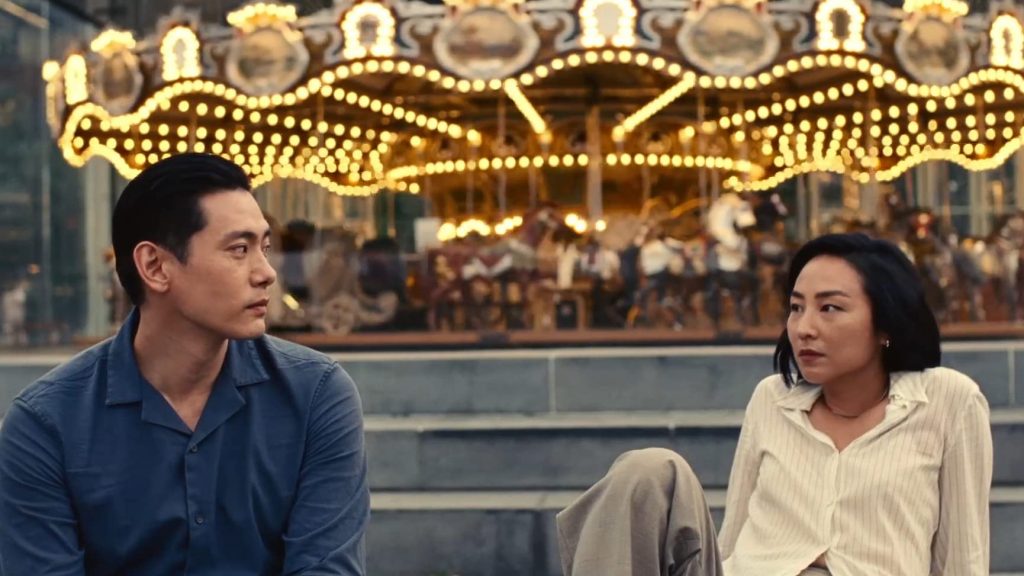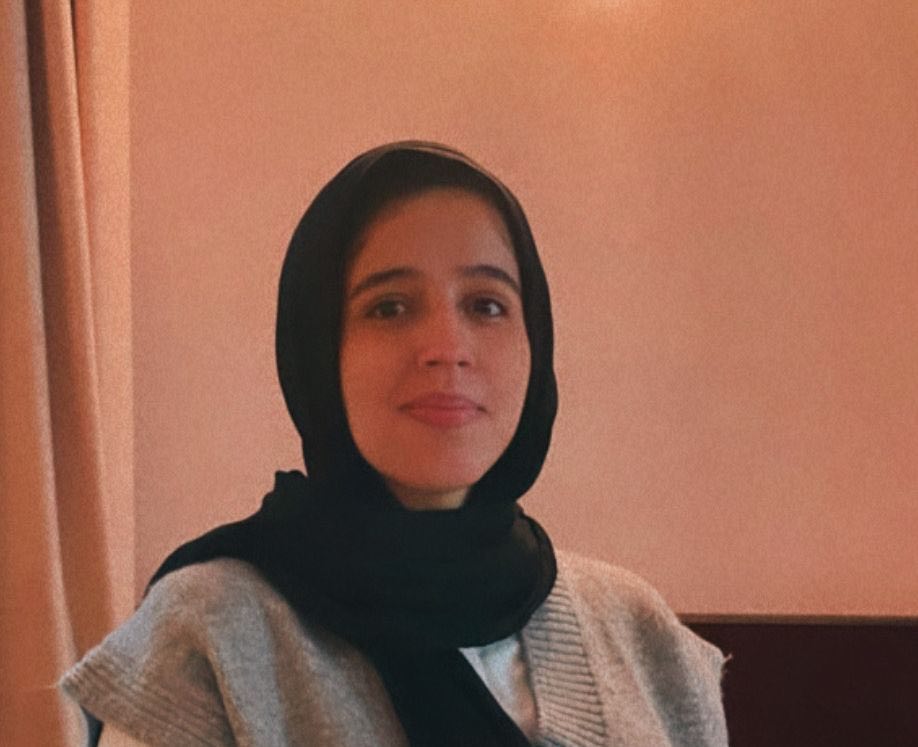
I finished watching Past Lives with my dear friend yesterday. I have wanted to watch this movie for quite some time now, and I rented it online but ended up watching it with my friend while visiting her in Brussels. It was even better to watch it together and discuss it. I hope to give a review or feedback on this movie as the concept it introduces is foreign to me and perhaps to many others. The film ”Past Lives” introduces a concept called In-yun that could be simply translated into destiny and how two people are destined to be together or meant to connect through layers of In-yun from their past lives. This feedback will have some spoilers, so if you don’t mind them, read it till the end.
Past Lives is a movie about two childhood friends from Korea, a girl and a boy, who were separated when they were 12. Nora immigrated with her family to Canada. Hae Sung, her friend, remained in South Korea. They disconnected, and years passed precisely 12 years. Luckily, they managed to reconnect after her mother told her about him while she was doing a literature residency in New York. She became a writer and immigrated to realize her dreams.
Was it a 12-year Curse?
They managed to reconnect through Skype, regardless of the time difference. Both talked and talked as if the two 12-year-olds met again. Through their connection, while navigating life with different timelines, they expressed how they missed each other. However, Nora decided to let Hun Sung know they should stop talking and take a little break. Again, the little break lasted for another 12 years. Nora moved on, and Hae Sung did too, well, sort of! She met a writer from New York during another residency, and they dated and got married.
Is Your In-Yun Enough?
The film shows that your In-yun with someone may not be as strong as another In-yun you share with someone else. Similar to the case of Nora in the movie, where she married an American writer whom she met in New York. Also, there was this time when Nora was explaining to her husband that Hae Sung was too Korean for her or he was the typical ”Korean” while she wasn’t. She was Korean-Canadian, which played a role in how things turned out, as did her personality and way of life.
Because Reality is Never Perfect
The thing with this movie is that it shows the reality and complications that arise in relationships and connections. Maybe sharing an In-Yun from a past life does not necessarily mean you will end up together. No matter how strong your connection may be or how long you’ve known each other. In an idealist world, Nora would get back in touch with Hae Sung, and they would end up getting married. Perhaps if she never left, they would have married since they grew up together and were very close.
Nonetheless, through 12 years of disconnection, life happened, and Nora lived her life. She cared about her life and career as a writer and met someone through the course of living. It also reminded me that, at some point, being a realist or a rationale wins. For Nora, it was about her life and the present time. In addition to the possibilities while working and developing her career. She was an immigrant who lived in Canada and relocated to the United States. Whereas Hae Sung was a Korean living in Seoul. An engineer living with his parents. She saw things differently; a past connection wasn’t enough to change her mind. For her, Hae Sung was a window from the past, still living in Korea with a 13-hour difference.
What if?
I wouldn’t lie; I was frustrated while watching the film, hoping things would take the ”idealist” turn and give viewers what they wanted to see, not the reality. But yet, it showed us the reality of what would happen in real life. Nora and Hae Sung drifted apart. In fact, she felt sad that Hae Sung left for South Korea after coming to meet her and her husband in New York.
As perfect and romantic as In-Yun might seem, it is not the case, and so many elements affect how things turn out. Also, the film provided an open ending. As a viewer, you’d think of what might have happened after they drifted apart. Would Nora’s marriage survive? Will she and Hae Sung meet again? Would past layers of In-Yun still connect them again and get married eventually?
I highly recommend this film if you are open to real stories. If you are looking for something light, this film is not the one. But it is important to have an open heart and mind while watching it. We had tears in our eyes, we felt frustration, brief happiness, and acceptance. In fact, we only realized that Past Lives is a reminder of how humans are and how life is most of the time, and that was the beauty of it.









